Do you have a headache? Did it start after a car accident, a back injury or neck injury, a fall, or some other physical incident?
Concussion Signs/Symptoms:
- Can’t recall events prior to or after a hit or fall.
- Appears dazed or stunned.
- Forgets an instruction, is confused about an assignment or position, or is unsure of the game, score, or opponent.
- Moves clumsily
- Answers questions slowly.
- Loses consciousness (even briefly).
- Shows mood, behavior, or personality changes.
- Headache or “pressure” in head.
- Nausea or vomiting.
- Balance problems or dizziness, or double or blurry vision.
- Bothered by light or noise.
- Just not “feeling right,” or “feeling down”.

Head Injuries are nothing to fool around with.
The Law Offices of Thomas Kensok will connect you with the most up to date treatment available.
You will be checked by a health professional for the initial assessment. If the situation warrants it, we will move on to an EEG to measure what is going on inside your brain.
This centers on EEG event-related potentials (ERPs), which measure quantitative changes in EEG wavelength amplitudes and latencies that reflect sensory processing. These results are interpreted by a board-certified neurologist. The next step is that a neurologist conducts a neurological exam and prescribes a course of treatment.
What an Attorney Could Do for You
In cases involving brain injuries, we play a critical role in managing the legal and medical complexities to ensure the injured party receives appropriate care and compensation.
Ensure Examination by a Health Professional
We will ensure that the injured individual receives a thorough examination by a qualified health professional experienced in diagnosing and treating brain injuries. This step is crucial for accurately assessing the extent of the injury and its potential long-term impacts.
Gather and Analyze Medical Evidence
We will collect and scrutinize all medical records related to the brain injury, including hospital records, neuroimaging scans, and reports from specialists. This comprehensive evaluation helps to establish the severity of the injury and the required treatments.
Establish Liability and Prove Negligence
Determining who is legally responsible for the injury is essential. We will investigate the circumstances leading to the brain injury, gather evidence, and build a case to prove negligence by the responsible party or parties.
Calculate Future Medical and Care Needs
Brain injuries can have lifelong consequences. An attorney will work with medical experts to project the future medical care, rehabilitation needs, and any necessary accommodations for the injured individual’s home and lifestyle to ensure these are covered in any settlement or award.
Negotiate with Insurance Companies
Dealing with insurance providers can be challenging, especially in complex brain injury cases. An attorney will negotiate on behalf of the injured party to ensure that the insurance companies offer a settlement that adequately covers both immediate and long-term needs.
Advocate for Full Compensation in Court
If negotiations do not result in a fair settlement, an attorney will represent the injured party in court, advocating vigorously to secure full compensation for medical costs, lost income, pain and suffering, and any other damages related to the brain injury.
